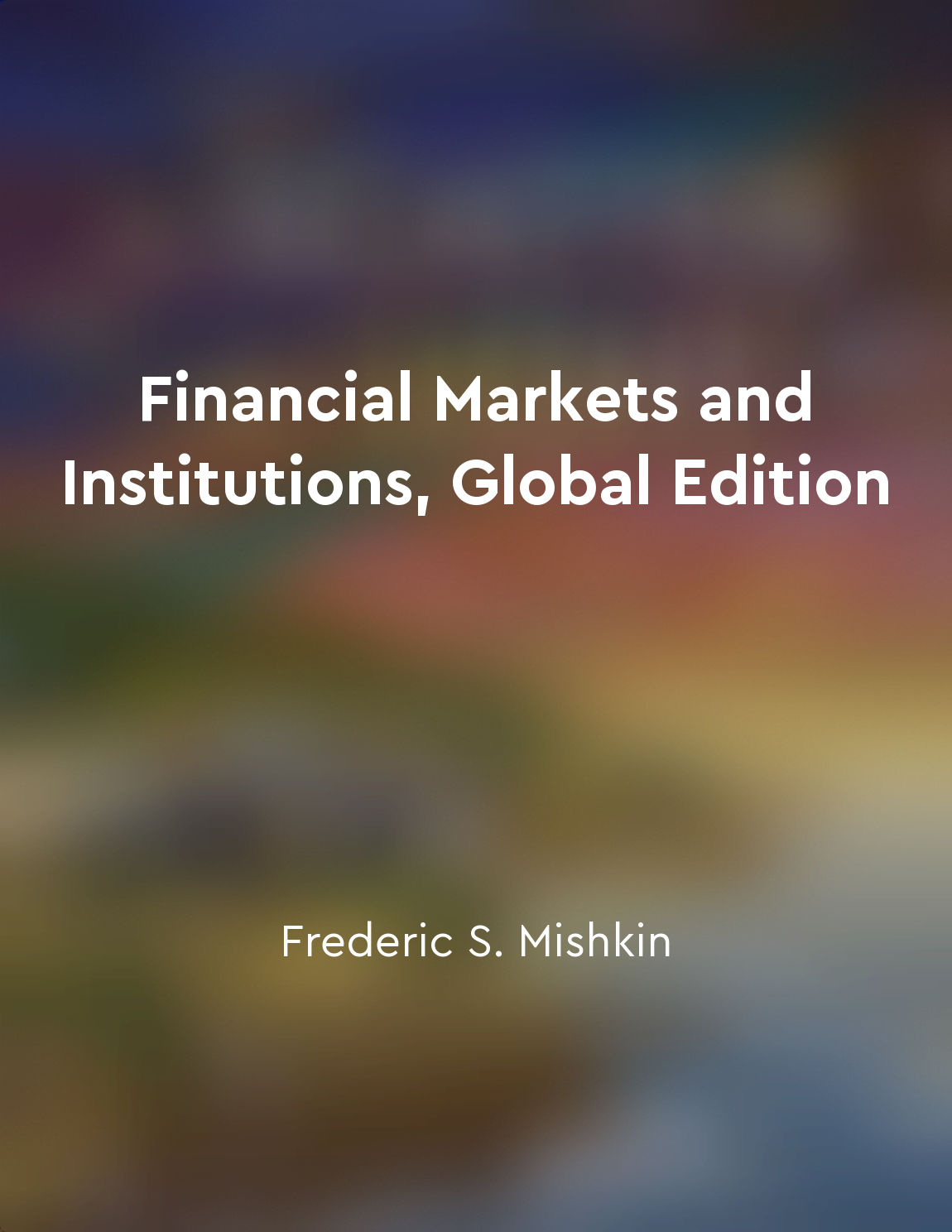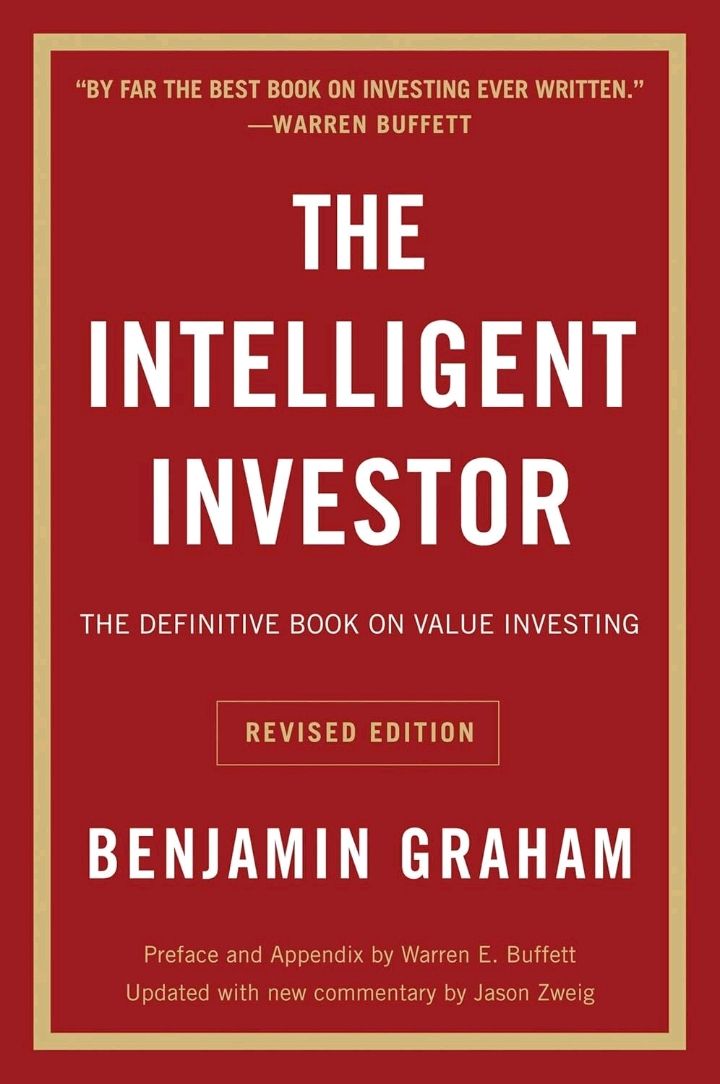Global economic events have ripple effects on businesses from "summary" of Macroeconomics for Business by Lawrence S. Davidson,Andreas Hauskrecht,Jürgen von Hagen
The global economy is an intricate web of interconnected businesses, industries, and countries. When a major economic event occurs in one part of the world, its effects can ripple out and impact businesses across the globe. These ripple effects can manifest in various ways, from changes in consumer behavior to shifts in supply chain dynamics. For example, a sudden increase in oil prices due to geopolitical tensions can lead to higher transportation costs for businesses that rely on oil for their operations. This, in turn, can lead to higher prices for consumers, leading to a decrease in demand for certain products or services. As a result, businesses may need to adjust their production levels or pricing strategies to adapt to these changing market conditions. Similarly, a financial crisis in one country can have far-reaching consequences for businesses around the world. For instance, a collapse in the housing market in the United States in 2008 had ripple effects that reverberated throughout the global economy. Banks and financial institutions in other countries that had invested in mortgage-backed securities suffered significant losses, leading to a credit crunch and a slowdown in economic growth. Moreover, global economic events can also impact businesses through changes in exchange rates, trade policies, and regulatory frameworks. For instance, a sudden devaluation of a country's currency can make imports more expensive for businesses that rely on foreign suppliers. This can erode profit margins and force companies to seek alternative sourcing options or pass on the increased costs to consumers.- It is essential for businesses to stay informed about global economic events and their potential ripple effects. By understanding how these events can impact their operations, businesses can proactively adjust their strategies and mitigate risks. This awareness can help businesses navigate the complex web of the global economy and position themselves for long-term success.
Similar Posts
The psychological toll on those who predicted the crisis
The aftermath of the crisis took a heavy toll on those who had seen it coming. They were burdened by a sense of guilt and respo...
Stock market volatility
Stock market volatility refers to the degree of variation in trading prices over a certain period of time. It is a measure of h...
Cultivate a network of experts and advisors
One of the most important things you can do as an investor is to surround yourself with a network of experts and advisors. Thes...
Focus on longterm outcomes
When it comes to managing money, focusing on long-term outcomes is crucial. This means looking beyond short-term gains or losse...

Protectionism can lead to trade disputes
Protectionism, which involves government policies that restrict international trade, can have significant implications for trad...
Environmental degradation must be addressed
The accelerating loss of biodiversity, the progressive degradation of soils, the contamination of water and air, and the relent...
Keep an eye on macroeconomic factors
When it comes to investing, it's essential to pay attention to macroeconomic factors. These are the big-picture trends that can...

Cybersecurity measures protect against threats to financial infrastructure
Cybersecurity measures are essential in safeguarding financial infrastructure from various threats. As technology advances, the...

The World Trade Organization regulates international trade agreements
The World Trade Organization, or WTO, plays a crucial role in overseeing and regulating international trade agreements. This or...

Control your emotions when investing
Investing can be an emotional rollercoaster, with the highs of making profits and the lows of suffering losses. However, succes...


